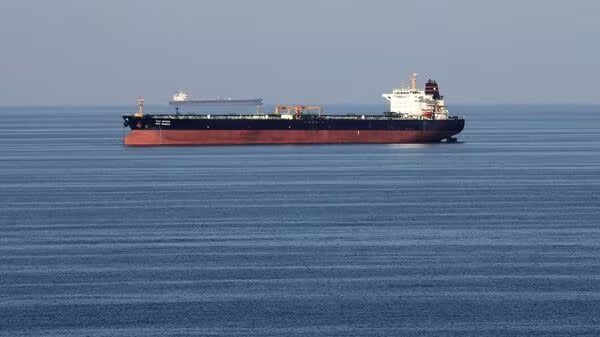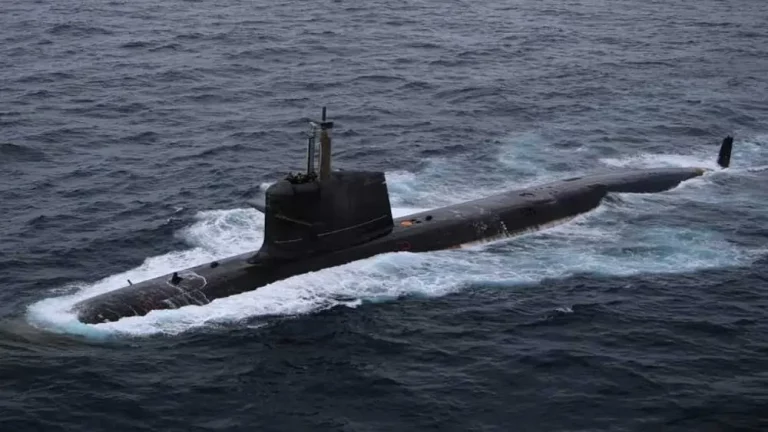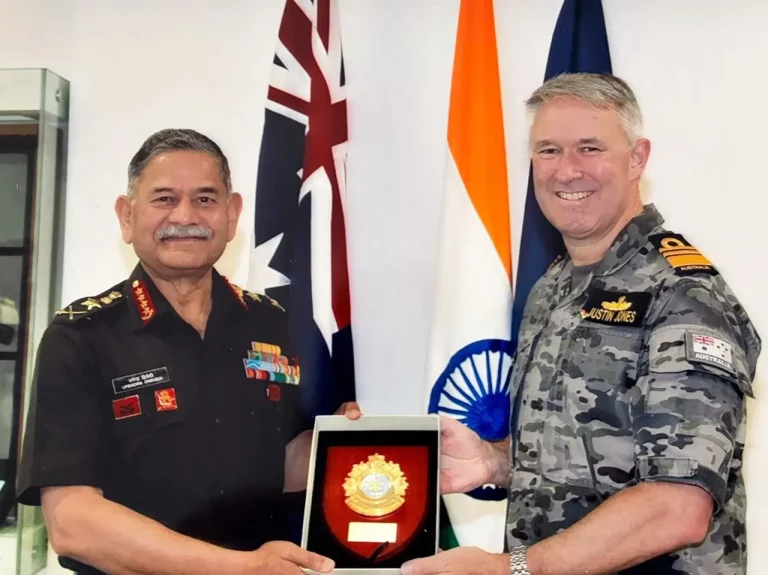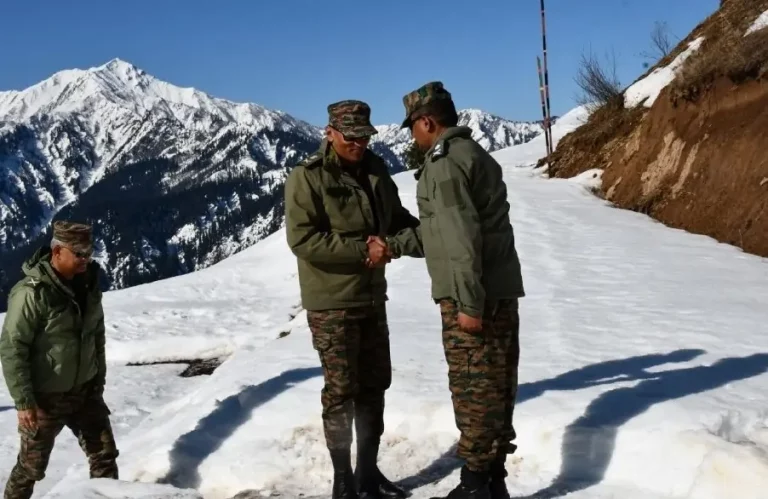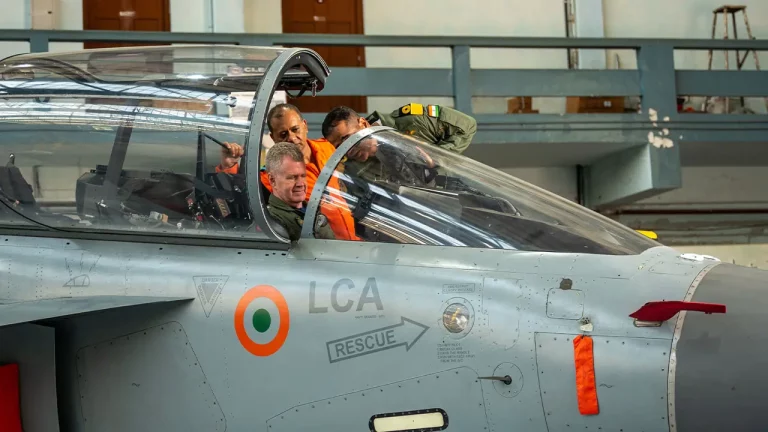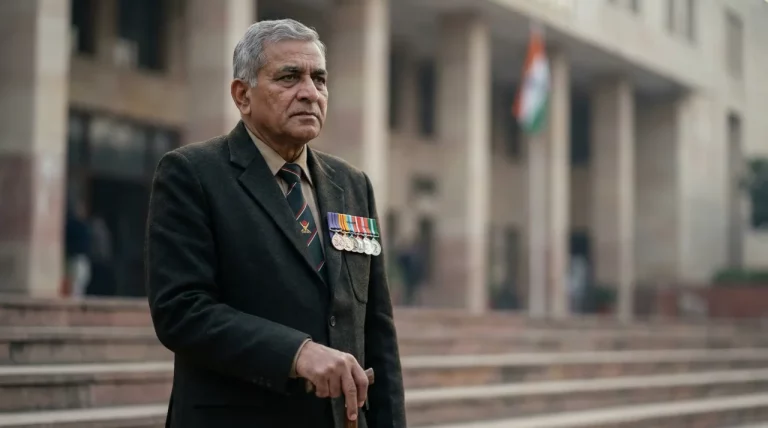Amid rising tensions in the Middle East, Union Petroleum Minister Hardeep Singh Puri has reassured Indian citizens regarding the stability of the country’s energy supply, even in light of Iran’s recent threat to close the crucial Strait of Hormuz. This warning follows Iran’s parliamentary approval to potentially shut down the vital waterway after U.S. airstrikes targeted its nuclear facilities. However, the final decision to enact this closure lies with Iran’s Supreme National Security Council.
Puri emphasized that the geopolitical developments in the region have been under close scrutiny for the past two weeks. He highlighted the proactive measures taken under Prime Minister Narendra Modi’s leadership to diversify India’s energy sources over the years, noting that a significant portion of the country’s crude oil no longer relies on passage through the Strait of Hormuz.
In his comments on the social platform X, Puri reassured that India’s oil marketing companies (OMCs) maintain reserves sufficient for several weeks, with supply chains operating through various global routes. “All necessary steps are being taken to ensure uninterrupted fuel access to our citizens,” he stated.
Nonetheless, industry experts have expressed caution regarding the implications of potential disruptions. A senior official warned that the oil and gas sectors are highly sensitive; even brief interruptions could provoke sharp price increases. If the Strait remains closed for more than a week, there could be significant shocks to the global markets, which would inevitably affect India as well.
In recent months, India has increased its crude imports from Russia, although analysts caution that the advantages of this strategy will depend on changing price trends and discount margins. In response to fluctuating energy prices, the government is considering possible excise duty reductions on fuel should crude prices exceed the $105 per barrel threshold.
The Strait of Hormuz stands as a crucial chokepoint for global energy transportation, accounting for nearly 20% of the world’s oil and gas trade. With the regional situation shifting, India’s readiness and strategic diversification efforts will soon be put to the test.
